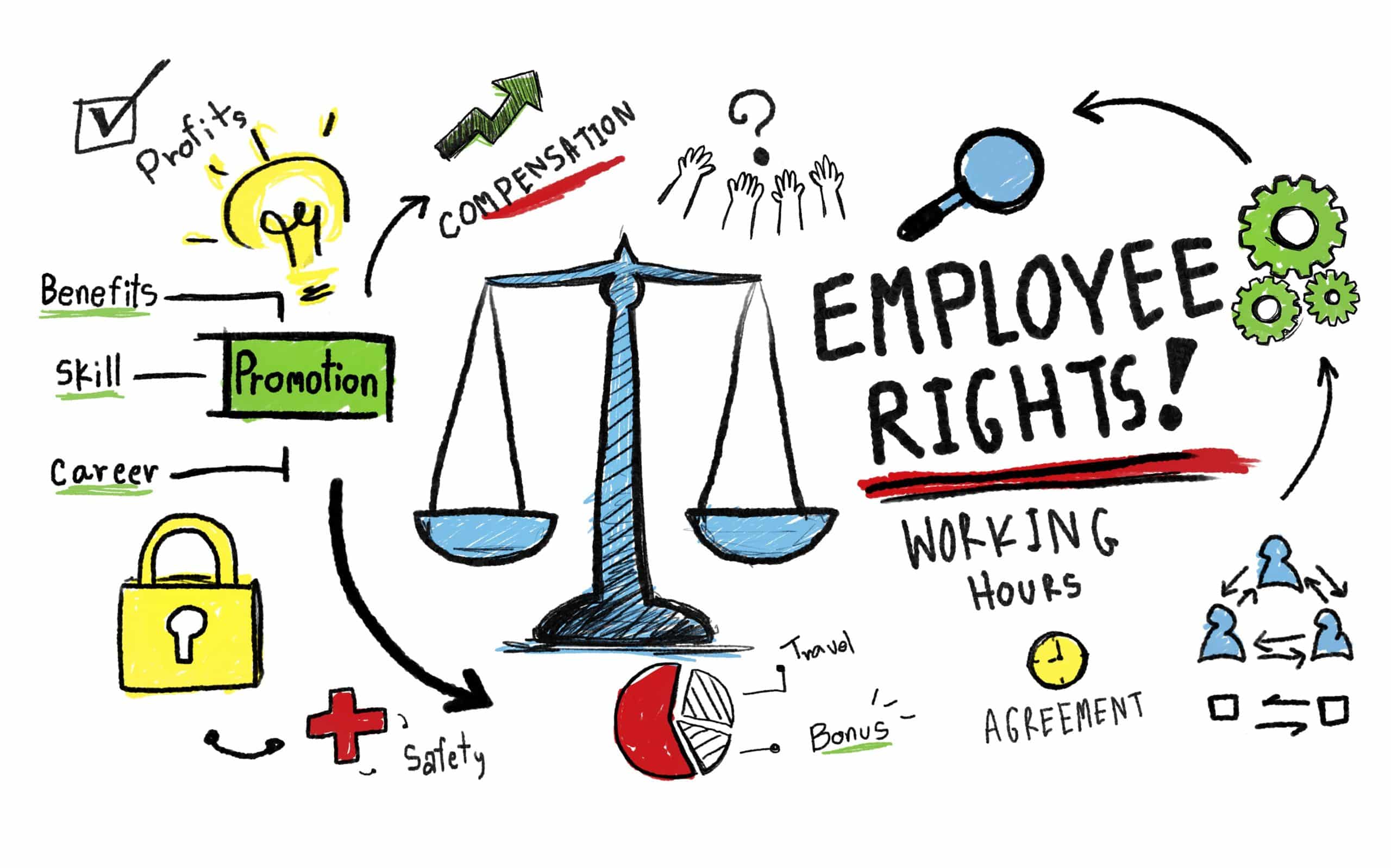Last week saw a number of updates to employment law in relation to employment status and, of course, issues arising out of Covid-19.
Employment status
Following the landmark ruling made in Uber BV and others v Aslam and others, the Employment Appeals Tribunal has begun following the ruling in other matters. In Addison Lee v Lange it was again decided that drivers are workers (and not self-employed contractors) and should be considered as such every time they log onto the Addison Lee app to pick up work. The workers have now won the right to be paid national minimum wage, entitlement to holiday pay, as well as all the other statutory rights afforded to workers.
A further change to employment status occurred as a result of the decision in National Union of Professional Foster Carers v Certification Officer. The Employment Tribunal found that foster carers working under a Foster Care Agreement are workers for the purpose of trade union listing and recognition. However, the definition of worker in this instance has been stretched only for the purpose of Article 11 of the European Convention of Human Rights (which guarantees the right of freedom of association and the rights of workers to join trade unions). Therefore, at this point in time, foster carers cannot rely on the other statutory rights that come with worker status.
Covid-19
Last week saw the publication of the seventh treasury direction which extends the furlough scheme to 30th September 2021. The rules of the scheme remain largely unchanged and flexible furlough will continue to operate in order to allow employers some much needed flexibility in reopening businesses as the restrictions ease.
Whilst the statutory provisions remain seemingly unchanged, case law arising out of the pandemic continues to develop. In April 2021 the Employment Tribunal ruled that a dismissal arising out of a refusal to work due to concerns of infecting family members with Covid-19 is not automatically unfair.
In this instance, the employee asserted that he was concerned about infecting his young and vulnerable children with Covid-19 if he was required to attend the workplace. He therefore informed his employer that he would not be attending the workplace until the pandemic had eased. Around one month later he was dismissed by his employer. The employee did not have sufficient continuous employment (a minimum of 2 years) in order to pursue a claim for ordinary unfair dismissal, and instead sought to rely on legislation which protects employees with protection from dismissal for exercising their rights to leave the workplace if they reasonably believe there is serious and imminent danger. He claimed that he had therefore been automatically unfairly dismissed (a claim which does not require employees to have a minimum employment period).
However, the Employment Tribunal found that on the facts of the case, it could not be established that the employee held a genuine belief that he was in serious or imminent workplace danger. The employee was known to have breached self-isolation guidance the day after refusing to attend his workplace, and had failed to raise his concerns with his employer prior to, or at the time of, his refusal to attend the workplace. His claim therefore failed.
If you require any assistance on legal matters related to employment matters, for both employers and employees, you can contact Fiona McAnaw or Samantha Hyslop at BTMK Solicitors on 03300 585 222 or by e-mail at [email protected]. We offer live chat 24/7 via our website and our phone lines are also available 24/7.



















